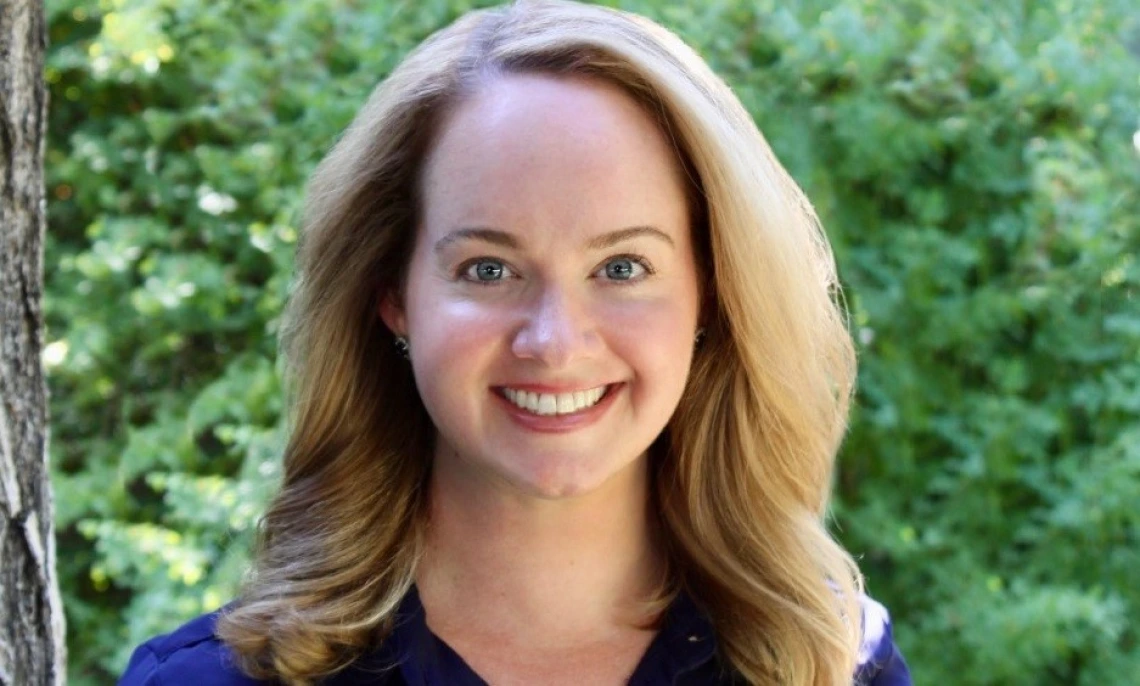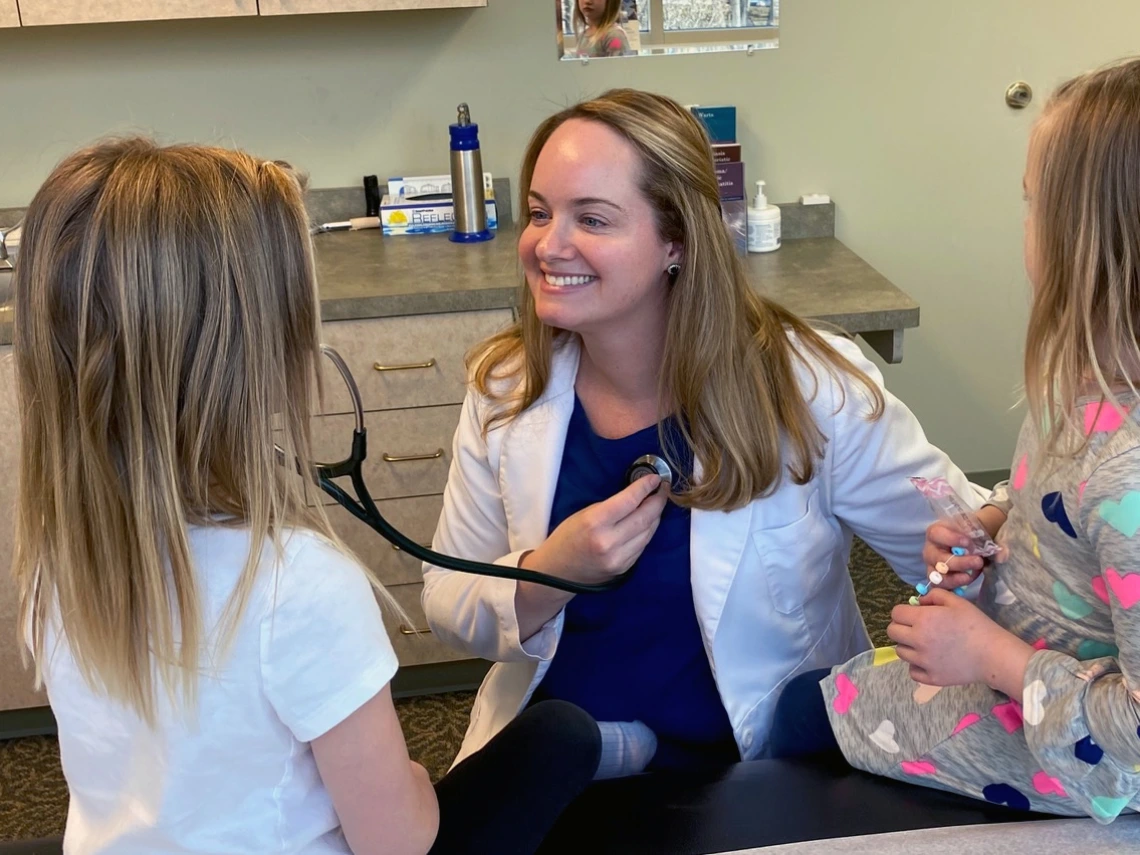Wildcat Nurse Spotlight: Christine Platt, Third-Year PhD Student

Meet Christine Platt, third year University of Arizona College of Nursing PhD student. A multi-talented scholar who was selected by the Western Institute of Nursing’s 2020 Carol A. Lindeman Award for New Research, Platt’s research focuses on families raising children with disabilities, particularly in the foster care system. Her dissertation, entitled “Placement Disruption of Children with Disabilities in Foster Care,” has the potential for life-changing results for both disabled children in the foster care system and the families that care for them.
Why did you choose to pursue a career in nursing?
I love science. Thanks to some excellent teachers, I landed a position in a virology lab at the local university while still a junior in high school. I started college thinking about a research career and secured a position in a campus virology lab. After six months on a research project, the cell line I had been working with missed getting fed/rinsed overnight one weekend. The cells died and the project had to be restarted. After this experience, I really did some self-reflection and pondering about my future career goals. I realized that while I loved science and research, I wanted to directly care for patients and families. A night shift holding a patient’s hand and providing for their needs in the hospital resonated with me more than waking up to go to the lab. I began investigating what my future might look like and switched my major from microbiology to nursing. The transition wasn’t easy, but it was worth it. Nursing beautifully integrates my love of science and helping those in need.
“The friendships I have gained and the tools I acquired to advance nursing science have been some of the most meaningful parts of my studies. They go hand in hand, because without the faculty mentors and colleagues, who I do consider friends, I would not have the resources, skills, or knowledge that I have now," ~ Christine Platt, UArizona Nursing PhD student
What drew you to apply to UArizona’s PhD program?
I have been lucky to have amazing nurse mentors who, among many other things, helped guide me to the University of Arizona’s PhD program. I found that the program was well respected. I’m not located in Arizona, so the flexibility to take virtual classes would allow me to continue seeing patients as a nurse practitioner and fit the classes into my family life. The PhD program was designed to be online, not adopted as an afterthought, and allowed for excellent students from across the country to learn together. In fact, I’m closer with my PhD student cohort than with my in-person FNP student cohort. It has also allowed me to work with a diverse group of individuals that I may not have met had I chosen a program in my home state.
How would you describe your experience over the course of the program?
The program is rigorous and tough, but it means the progress is highly rewarding. I’ve learned a lot. At times, it felt overwhelming, but my advisor and professors helped me through each step. I took on a heavy load and added the DNP degree as well. It meant balancing the two degrees, integrating my research agenda with clinical application.

What is the focus of your research interests?
The focus of my research is families raising children with disabilities, particularly in the foster care system. I have always been interested in how to help children who come from challenging backgrounds or have had difficult experiences affecting their health. I’m currently conducting a randomized control trial of a behavioral intervention to increase hardiness and connectedness in foster families. Hearing the responses and analyzing the data has been very exciting. It’s gratifying to see interventions, designed with and by nurses, making a real difference.
What has been the most meaningful part of your studies?
The friendships I have gained and the tools I acquired to advance nursing science have been some of the most meaningful parts of my studies. They go hand in hand, because without the faculty mentors and colleagues, who I do consider friends, I would not have the resources, skills, or knowledge that I have now. The professors at the University of Arizona are truly skilled experts in their area. Learning from them has been exceedingly rewarding.
What has been your greatest takeaway from the program?
Where to begin? There have been so many intangible benefits and moments of growth during the program. I’ll be taking away skills that have opened a meaningful research agenda to discover new knowledge; skills to clinically implement change and improve the lives of vulnerable communities. These skills are priceless — simply too hard to quantify. I remember struggling through the advanced statistics course and now, two years later, I’m easily employing these skills to analyze data from my recent randomized control trial. I’m taking away knowledge that I just could not have gained any other way.
Tell us about your post-graduation plans.
I love my current clinical practice and am also looking forward to teaching the next generation of nurses. I plan to pursue a position in academia that allows me to teach and produce meaningful research alongside my clinical practice.

